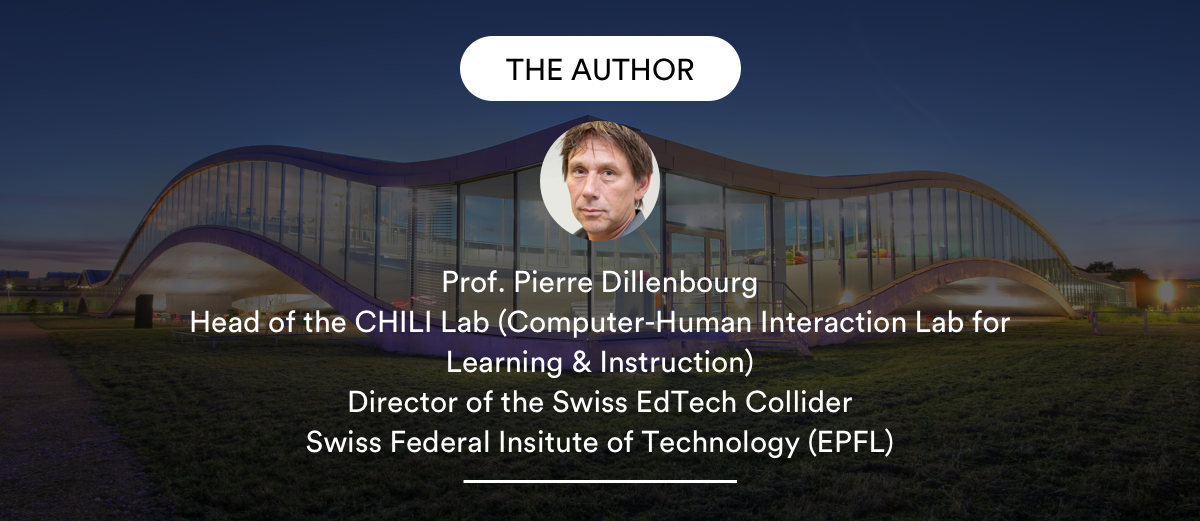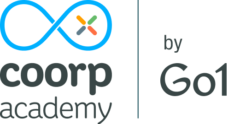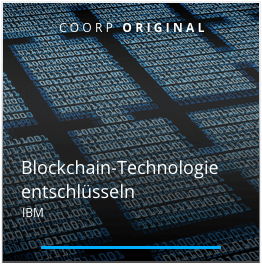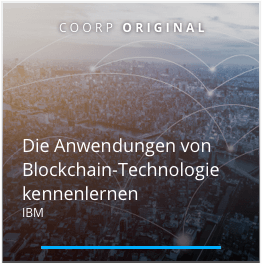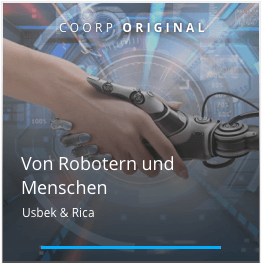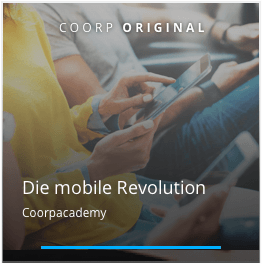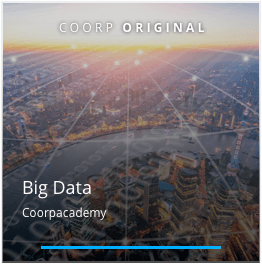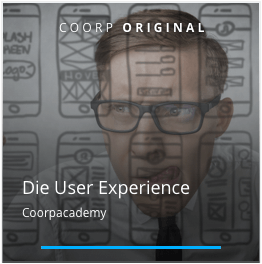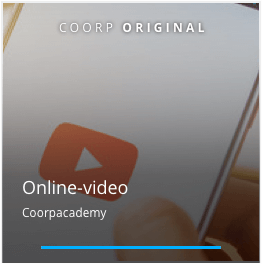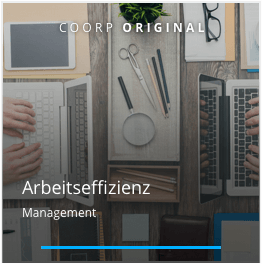This article is part of our new Learning research and innovation series, offered by Coorpacademy in association with the EPFL’s (Federal Institute of Technology of Lausanne, Switzerland) LEARN Center. The author is Prof. Pierre Dillenbourg, Professor at the EPFL, Head of the CHILI Lab (Computer-Human Interaction for Learning & Instruction) and Director of the Swiss EdTech Collider.
The terms Machine Learning, Deep Learning, and Artificial Intelligence are on everyone’s lips. But what if we extended this list to something we call ‘Machine Teaching’ – and then speculate on what it might mean for education?
Towards ‘Machine Teaching’
Let’s imagine an algorithm that needs to learn how to identify elephants in pictures. In supervised Machine Learning, it gets an example – e.g. picture-3465 – and a label, such as ‘elephant’ or ‘non-elephant’. Picture-3465 may just be the next in a set of thousands of labelled pictures. But if the 3,464 previous pictures were all of African elephants, the system would learn less from yet another African elephant picture, than if an Asian elephant picture was introduced for the first time.
Similarly, if all the previous pictures showed mostly mature elephants, it would be better for the algorithm’s training to select a younger one. Again, if most of them were side on pictures, a frontal view would improve the knowledge acquired by the algorithm.
In other words, if the examples were not fed to the learning algorithm randomly, but strategically selected, one could optimize the machine’s overall learning performance. In a classroom setting, selecting examples is the role of the teacher: she knows that if all examples of squares given to learners are in a horizontal position, learners will logically infer that a square with a 45 degree rotation is not a square.
Any algorithm that determines the optimal sequence of examples such that they are diverse and sufficiently dissimilar from what has been shown previously to a Machine Learning system can be called a Machine Teaching algorithm.
Why Should We Care about Machine Teaching?
If an algorithm receives random examples as inputs, with no strategic consideration of the type of example and what the algorithm will go on to learn from exposure to this example, then clearly problems will arise. First, we should not confuse the size of the sample data with its intrinsic usefulness: merely feeding big data to a Machine Learning algorithm is not enough to guarantee the AI has learnt well and will perform well in its tasks. Secondly, the algorithm could tend towards taking wrong or biased decisions. Let’s reuse the above example of the identification of elephants from pictures: if the only pictures labeled as “non-elephant” are pictures of white animals, the algorithm might infer that only white animals are to be categorised as non-elephants. Sounds silly, but this kind of biases creep in, and matter. Biased algorithms can reinforce gender stereotypes (as was the case in Google’s translation service), or might suggest wrong decisions about humans (as, for example, decision support systems for judges which over-estimated the probability of recidivism for African-American people).
How Does All This Apply to Education?
The impact of AI on education spreads over three layers: (1) Method: AI may enhance the effectiveness of learning technologies where it is expected to enable a fine adaptation of instruction to individual learner needs: over time, a system may learn which learning activity is optimal for a certain learner profile. (2) Content: AI is changing what students should learn or should not learn and is also accelerating the production of learning material, for instance generating questions from Wikipedia. (3) Management: AI and especially data sciences offer new ways to manage education systems (e.g. predicting students’ failure).
Machine Teaching turns out to be relevant in all of those applications. Personalised learning, based on recommender systems, can only be well adapted to the personal needs of a learner if the data set on which the recommendation is based on is large and equilibrated enough. That means we need non-random data selection in any machine learning, i.e. the algorithm needs to be fed with data on what is effective for all types of learners.
In terms of content, when learning about data science and machine learning, learners need to also learn how to design the optimal dataset that the algorithm will learn from. Engineers are becoming teachers of algorithms by default, because you cannot simply program a Machine Learning algorithm. We need to better facilitate the correct decision-making of the algorithm – the same way a good teacher helps her students to develop problem-solving and critical thinking skills.
Innovation in Learning Science and Educational Technologies are top of our agenda at Coorpacademy, as we see them as critical to our mission to continuously improve the learning experience on our platform, making it even more personalized, flexible and enjoyable for learners.
